MIT study finds fuel economy standards are 6-14 times less cost effective than fuel tax for reducing gasoline use
Green Car Congress
FEBRUARY 21, 2013
In a study published in the journal Energy Economics , MIT researchers have found that a fuel economy standard is at least six to fourteen times less cost effective than a fuel tax when targeting an identical reduction in cumulative gasoline use (20% by 2050).






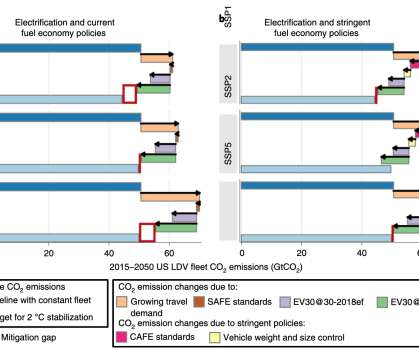

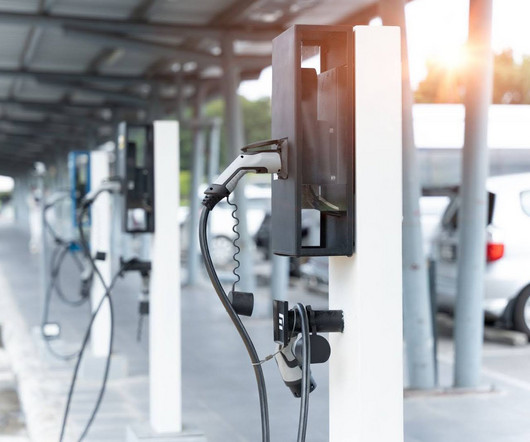






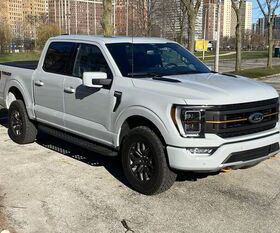


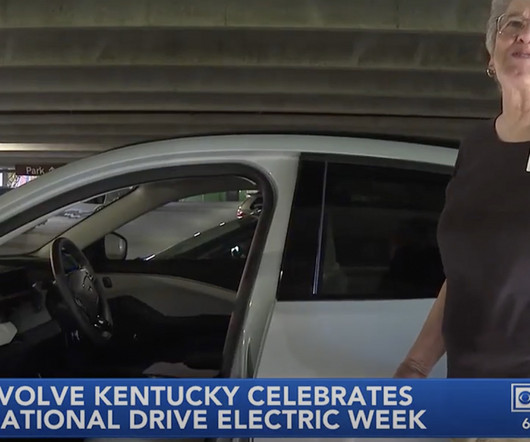













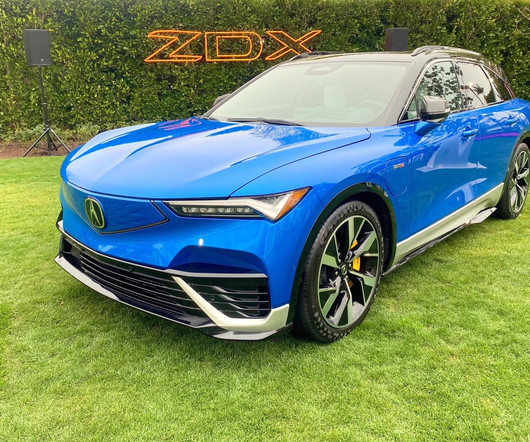



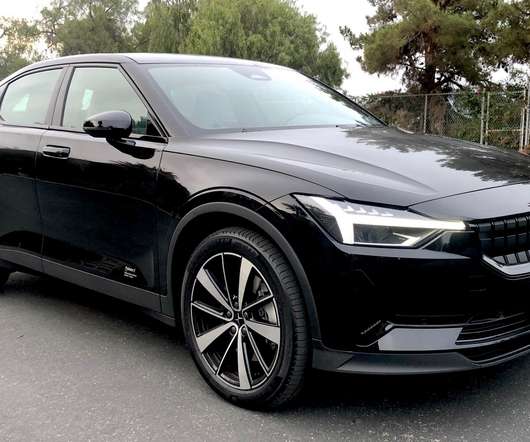








Let's personalize your content